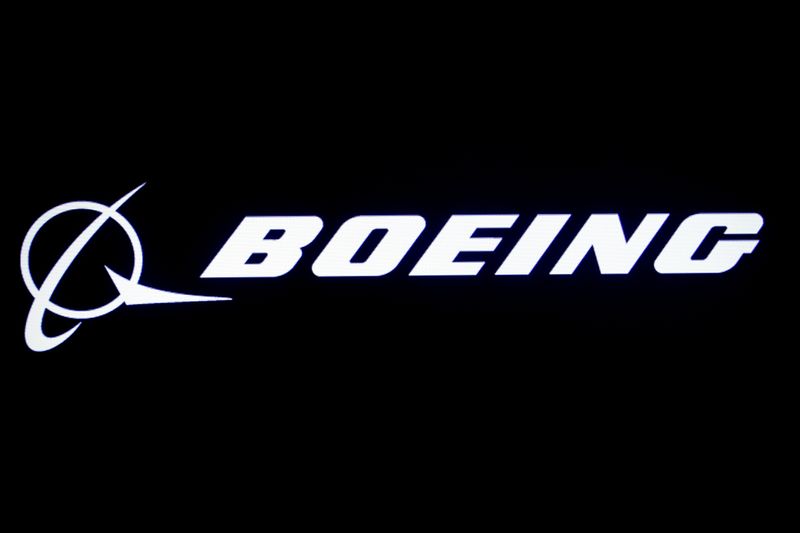
FILE PHOTO: Employees wearing face masks work on a car seat assembly line at Yanfeng Adient factory in Shanghai, China, as the country is hit by an outbreak of a new coronavirus, February 24, 2020. REUTERS/Aly Song
April 10, 2020
BEIJING (Reuters) – China’s factory gate deflation deepened in March, official data showed on Friday, with prices falling the most in five months, underlining broad economic damage wrought by the coroanvirus outbreak.
China’s producer price index (PPI) fell 1.5% from a year earlier, according to data released by the National Bureau of Statistics. It compared with a median forecast of a 1.1% fall tipped by a Reuters poll of analysts and a 0.4% drop in February.
Headline consumer inflation also eased somewhat last month, partly led by government control measures, while core prices remained benign.
The overall decline in the factory gate gauge was exacerbated by a slump in global oil and commodities prices, which filtered through to crude oil, steel and non-ferrous metal industries, the statistics bureau said in a statement accompanying the data.
The world’s second-largest economy is trying to restart its engines after weeks of near-paralysis to curb an outbreak that had shut most businesses and severely restricted the flow of goods and the daily life of people.
The stringent travel and transport curbs have now been lifted across much of the country including Wuhan, the epicentre of the outbreak where the virus first emerged in late 2019. So far the virus has killed more than 3,300 and infected over 81,000 people in the country.
Analysts expect a deep first-quarter economic contraction in China and have grown increasingly pessimistic about the country’s prospects for 2020 due to the pandemic’s sweeping global impact.
Many economists and policymakers are forecasting a deep global recession this year as numerous countries are forced into lockdowns to contain the spread of the coronavirus, severely curtailing business activity in a major blow to jobs and incomes.
Worldwide, the virus has killed around 95,000 people and infected more than 1.5 million. Policymakers globally have responded to the crisis by launching an unprecedented package of stimulus measures, injecting trillions of dollars to backstop their economies that have been brought to a virtual standstill.
Beijing has also rolled out a series of fiscal and monetary support in response, including targeted reduction of the reserve requirement ratios for banks and lending rates.
Policymakers are readying more stimulus in the coming months to prevent mass unemployment and stabilise growth, sources have told Reuters, including a record budget deficit level for 2020 and more rate cuts.
China’s consumer prices rose 4.3% from a year earlier in March, compared with a 4.8% gain tipped by a Reuters poll and a 5.2% increase in February, as logistics and transport conditions improved and government price control measures kicked in.
But food prices still rose over 18% from a year earlier, led by a 116.4% jump in pork prices, the data showed. The virus outbreak has pushed up prices of some food items, such as pork and vegetables.
Non-food prices rose 0.7%.
Core inflation – which excludes food and energy prices – remained benign last month at 1.2%,but it still edged up from 1% in February.
(Reporting by Se Young Lee and Yawen Chen; Editing by Shri Navaratnam)

